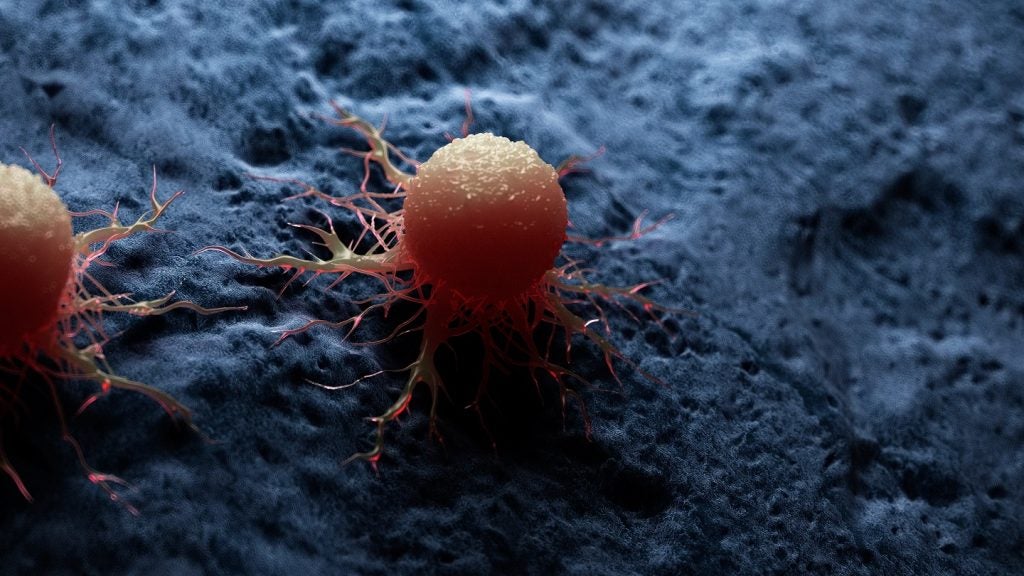Vericel‘s patent involves a composition for repairing cartilage defects, using cultured allogeneic cells and a resorbable collagen membrane. The cells are grown from a cryogenically frozen cell bank sample and seeded on the membrane at a specific density, arranged in a monolayer, and dedifferentiated. GlobalData’s report on Vericel gives a 360-degree view of the company including its patenting strategy. Buy the report here.
According to GlobalData’s company profile on Vericel, Prosthetic cardiac valves was a key innovation area identified from patents. Vericel's grant share as of January 2024 was 52%. Grant share is based on the ratio of number of grants to total number of patents.
Composition for repairing cartilage defects using cultured allogeneic cells
See Also:
A recently granted patent (Publication Number: US11857576B2) discloses a composition and method for manufacturing an allogeneic cartilage matrix. The composition includes cultured allogeneic cells, specifically chondrocytes, grown from a cryogenically frozen cell bank sample. These cells are seeded on a resorbable collagen membrane derived from porcine collagen, with the allogeneic cells arranged in a monolayer and dedifferentiated. The method involves thawing the frozen cell bank sample, culturing and characterizing the cells, preparing the collagen membrane, seeding it with cells, and packaging the final product. The characterization process includes specific control assays to ensure quality, such as an agarose assay with defined acceptance criteria.
Furthermore, the composition is designed for treating chondral and osteochondral defects, with the allogeneic cells being cultured in a specific medium and characterized for various parameters like sterility and identity. The method also involves analyzing cells for bacterial endotoxins and senescence, with specific acceptance criteria set for each assay. The dedifferentiated allogeneic cells exhibit a fibroblastic phenotype and down-regulate the expression of genes encoding extracellular matrix components. The composition, which includes chondrocyte and non-chondrocyte markers, aims to provide a support matrix with a high percentage of viable cells and minimal fetal bovine serum albumin content, sourced from adult human tissue or cadavers, including chondrocyte precursors. The patent also covers variations in cell density on the collagen membrane and the addition of a fibrin adhesive to enhance the matrix's properties.
To know more about GlobalData’s detailed insights on Vericel, buy the report here.
Premium Insights
From

The gold standard of business intelligence.
Blending expert knowledge with cutting-edge technology, GlobalData’s unrivalled proprietary data will enable you to decode what’s happening in your market. You can make better informed decisions and gain a future-proof advantage over your competitors.






